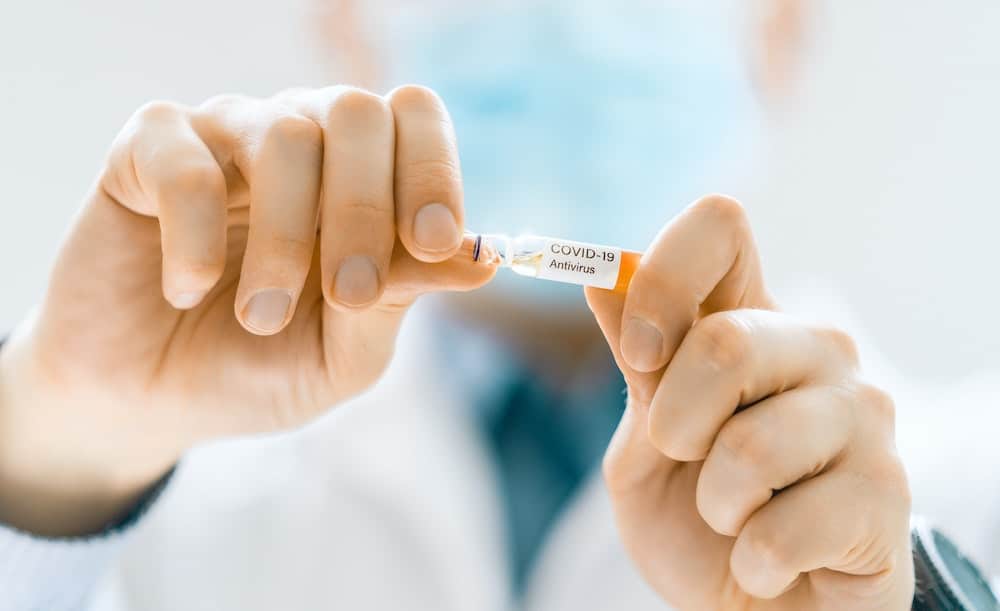What Impact Does a High-Fiber Diet Have on Diverticulitis Prevention and Management?

The phrase "you are what you eat" epitomizes the significant role diet plays in maintaining good health and preventing diseases. In the realm of gastrointestinal health, a particular dietary element, fiber, is often hailed as the superhero. It’s particularly helpful in managing a common digestive condition called diverticulosis and its more severe counterpart, diverticulitis. In this article, we’ll dive deeper into the link between fiber intake and diverticulitis, backed by scholarly research from databases such as PubMed and Crossref, and information from Google Scholar.
The Connection Between Diverticulosis and Diverticulitis
Diverticulosis is a condition characterized by small pouches, or diverticula, that form in the walls of the digestive tract. Often symptomless, the diverticula themselves are harmless. However, when these pouches become inflamed or infected, the condition progresses to diverticulitis. It is the latter that comes with a host of unpleasant symptoms like abdominal pain, fever, and changes in bowel habits.
A voir aussi : Can Intermittent Fasting Be a Sustainable Weight Loss Strategy for Obesity Patients?
Researchers have conducted numerous studies to understand the causes and risk factors associated with diverticulosis and diverticulitis. Many of these studies indicate a strong correlation between low fiber intake and a higher risk of developing these conditions.
Examination of Scholarly Studies on Fiber Intake and Diverticular Disease
A plethora of studies on PubMed and Crossref have emphasized the significant role of dietary fiber in diverticular disease prevention and management. A high-fiber diet can help soften stool, increase its size, and speed up its passage through the colon. These effects reduce the pressure inside the digestive tract, making it less likely for diverticula to form.
A lire aussi : What Are the Best Practices for Reducing the Risk of SIDS (Sudden Infant Death Syndrome)?
One noteworthy study published on PubMed found that dietary fiber intake is inversely associated with diverticular disease. This means that people who consume less fiber have a higher risk of developing the disease. The same study noted that dietary fiber, especially from fruits and cereals, could significantly decrease diverticular disease’s risk.
Another study on Google Scholar highlighted the importance of fiber intake in managing diverticular disease symptoms. It found that a high-fiber diet could alleviate symptoms and prevent complications in people already diagnosed with diverticular disease.
Role of Specific Foods in a High-Fiber Diet for Diverticular Disease
Given the significant impact of fiber on diverticular disease, incorporating high-fiber foods into your diet is crucial. Foods high in fiber include fruits such as apples, bananas, oranges, and strawberries; vegetables like broccoli, Brussels sprouts, and carrots; and grains such as barley, brown rice, and oatmeal.
Certain foods are better sources of fiber than others. Cereals and whole grains, for instance, are rich in insoluble fiber, which adds bulk to stool and helps prevent constipation – a key factor in diverticular disease development. Fruits, on the other hand, are high in soluble fiber, which helps soften stool and ease its passage through the digestive tract.
While a high-fiber diet is beneficial, it’s essential to increase fiber intake gradually. A sudden increase can cause bloating, cramps, and gas. Additionally, drinking plenty of fluids can help fiber work better.
Fiber Supplements for Diverticular Disease
While foods are the best source of fiber, some people might find it challenging to meet their daily fiber needs through diet alone. In such cases, fiber supplements might be beneficial. They can provide the necessary fiber to help prevent diverticula formation and manage diverticulitis symptoms.
There are different types of fiber supplements available, including psyllium (a type of soluble fiber), methylcellulose, and polycarbophil. According to a review study on PubMed, psyllium supplements have shown to be effective in reducing symptoms and preventing acute diverticulitis episodes.
However, it’s important to consult with a healthcare professional before starting any supplement regimen. They can guide you on the appropriate dosage and potential interactions with other medications or conditions.
The Importance of a Comprehensive Lifestyle Approach
While a high-fiber diet plays a crucial role in preventing and managing diverticulitis, it’s part of a broader lifestyle approach. Regular physical activity, maintaining a healthy weight, and avoiding smoking can also contribute to digestive health and lower the risk of diverticular disease.
Furthermore, while fiber can help prevent diverticulitis, once an acute episode occurs, a high-fiber diet is not recommended until the inflammation subsides. Instead, a low-residue or clear liquid diet might be advised to rest the bowel.
Overall, a balanced lifestyle, along with a high-fiber diet, can significantly influence diverticulitis prevention and management. It’s a testament to the power of diet and lifestyle in maintaining our overall health.
Debunking Myths: High-Fiber Diet and Diverticulitis
In the era of information overload, it’s not uncommon for myths to circulate, and the topic of diverticular disease and a high-fiber diet is not exempt. One such myth that has gained traction is the belief that nuts, seeds, and corn can cause diverticulitis by getting trapped in the diverticula. However, a landmark study published on PubMed debunked this notion, revealing no association between these foods and an increased risk of diverticulitis.
Another misapprehension is that diverticula can be reduced or eliminated by the use of certain medications or dietary supplements. But as per the research data collated by Google Scholar, diverticula once formed are permanent unless surgically removed. No medication or supplement can reverse their formation.
At the same time, it’s crucial to reinforce the role of a high-fiber diet in managing the condition. Many individuals may associate a diagnosis of diverticular disease with drastically limiting their diet, but the reality is far from it. As many scholarly studies have shown, a high-fiber diet is essential to manage diverticular disease and can significantly reduce the risk of acute diverticulitis.
It’s also noteworthy to remember that individual dietary needs may vary, and what works for one may not work for another. So, it’s always advisable to consult with a healthcare professional before making any significant changes in your diet or lifestyle.
Diverticular Disease: The Closing Argument
As we can see from various scholarly studies, a high-fiber diet plays a key role in preventing the development of diverticulosis and managing diverticular disease. However, it must be understood that diet is only one part of a comprehensive approach to health. Maintaining regular physical activity, a healthy weight, and abstaining from smoking are equally important.
It’s also crucial to remind ourselves that the internet, while a source of valuable information, can also be a breeding ground for myths and misinformation. Thus, reliable sources such as PubMed, Google Scholar, and healthcare professionals should be your primary source of advice.
Finally, remember that the phrase "you are what you eat" holds true in the case of diverticular disease. A diet high in fiber coupled with a healthy lifestyle can significantly reduce the risk of developing the disease and manage symptoms if diagnosed. Yet, if an acute episode of diverticulitis occurs, a high-fiber diet is temporarily not recommended until inflammation subsides.
In conclusion, while there is ample evidence to back the role of a high-fiber diet in diverticular disease prevention and management, it is equally important to debunk myths and misinformation that could potentially harm one’s health. Striking a balance between diet, lifestyle, and sound medical advice is the key to managing this common but often misunderstood gastrointestinal condition.
